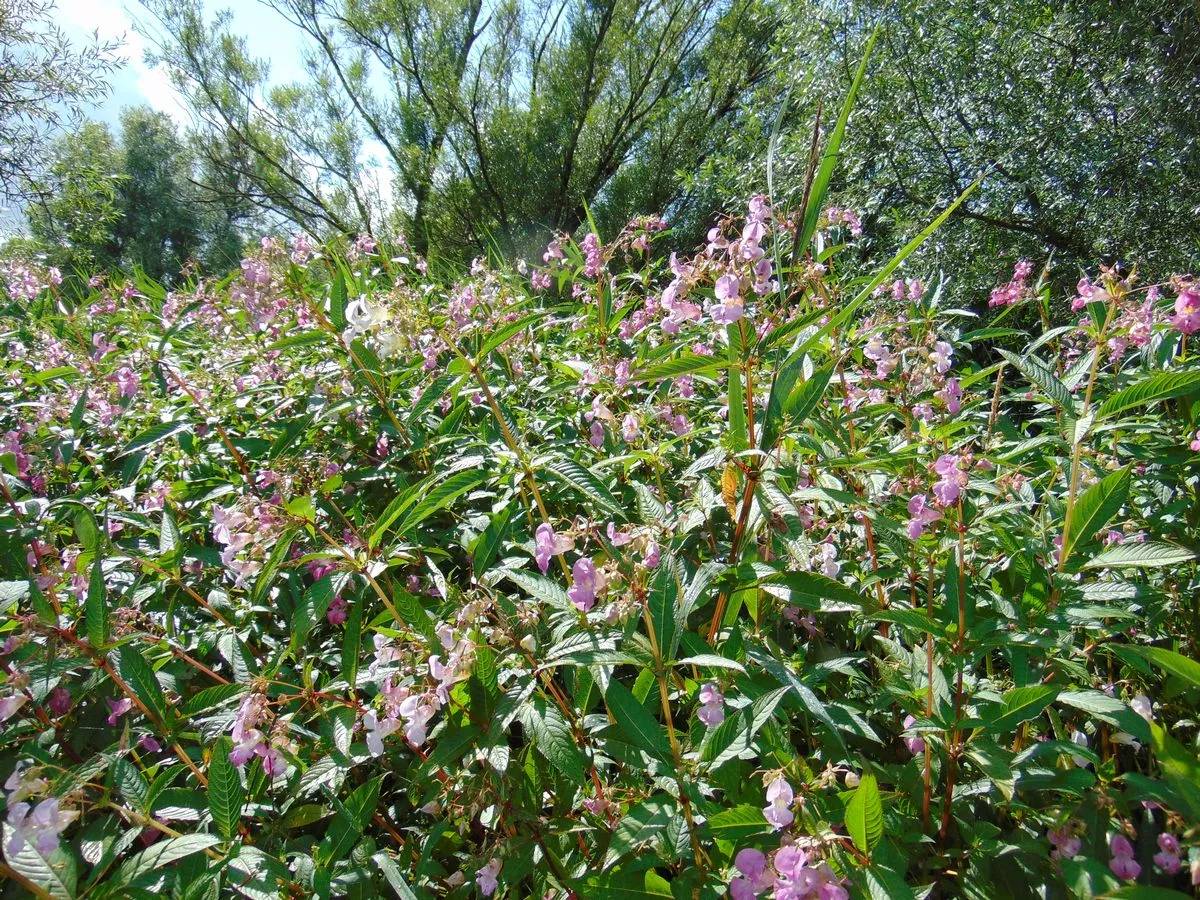By Michael Kenwood
Copyright belfastlive

A Belfast Councillor is appealing for City Hall and community groups to come together to battle invasive plant species in council parks and open spaces. Green Councillor Anthony Flynn has made an appeal specifically around the control of Himalayan Balsam, the sweet smelling but overpowering plant that takes over much of the Lagan Towpath in late summer and early autumn, and is growing in abundance in parks across the city. Councillor Flynn made the appeal at the September meeting of the Belfast Council People and Communities Committee. He told the chamber at City Hall: “I have been made aware of issues from residents in various areas, particularly around Orangefield, with concerns around Himalayan Balsam, and other species. READ MORE: Woodvale Park will not have 24 hour opening pilot after locals express concerns READ MORE: Pedestrianisation confirmed of street central to Belfast nightlife “All of us have to deal with things like Japanese Knotweed, but there is a plan in place for that. But people don’t know that Himalayan Balsam is incredibly invasive, spreads very rapidly and impacts plants and fauna in any area.” He asked for an officer report on plans already settled for invasive species. He said: “I am aware there is a small team that goes around and performs invasive species removal, but I wonder if there is more we can do with local communities, to do a bit of collaboration with us. There are a load of community groups that I speak to that would be well-up for getting their hands dirty, when they understand how.” The chamber unanimously agreed to commission the report, looking at options for community engagement. Himalayan balsam is an annual plant with scented flowers in shades of pink and purple. Introduced to Britain as an ornamental garden plant in the 19th century, it has since escaped cultivation and aggressively colonized damp areas, particularly along riverbanks and waterways. Himalayan balsam forms dense stands that shade out and suppress the growth of native flora. The flowers produce abundant nectar, which attracts pollinating insects like bees away from native plants, reducing the natives’ reproductive success. As an annual, the plant dies back completely in the winter. The bare soil on riverbanks that was previously held in place by the plant’s root system is left exposed and vulnerable to erosion, which can increase the risk of flooding. In the UK, Himalayan balsam is listed as an invasive non-native species. This makes it an offense to plant or cause it to grow in the wild. Common control methods include hand-pulling, cutting and strimming and biological control. For all the latest news, visit the Belfast Live homepage here and sign up to our daily newsletter



